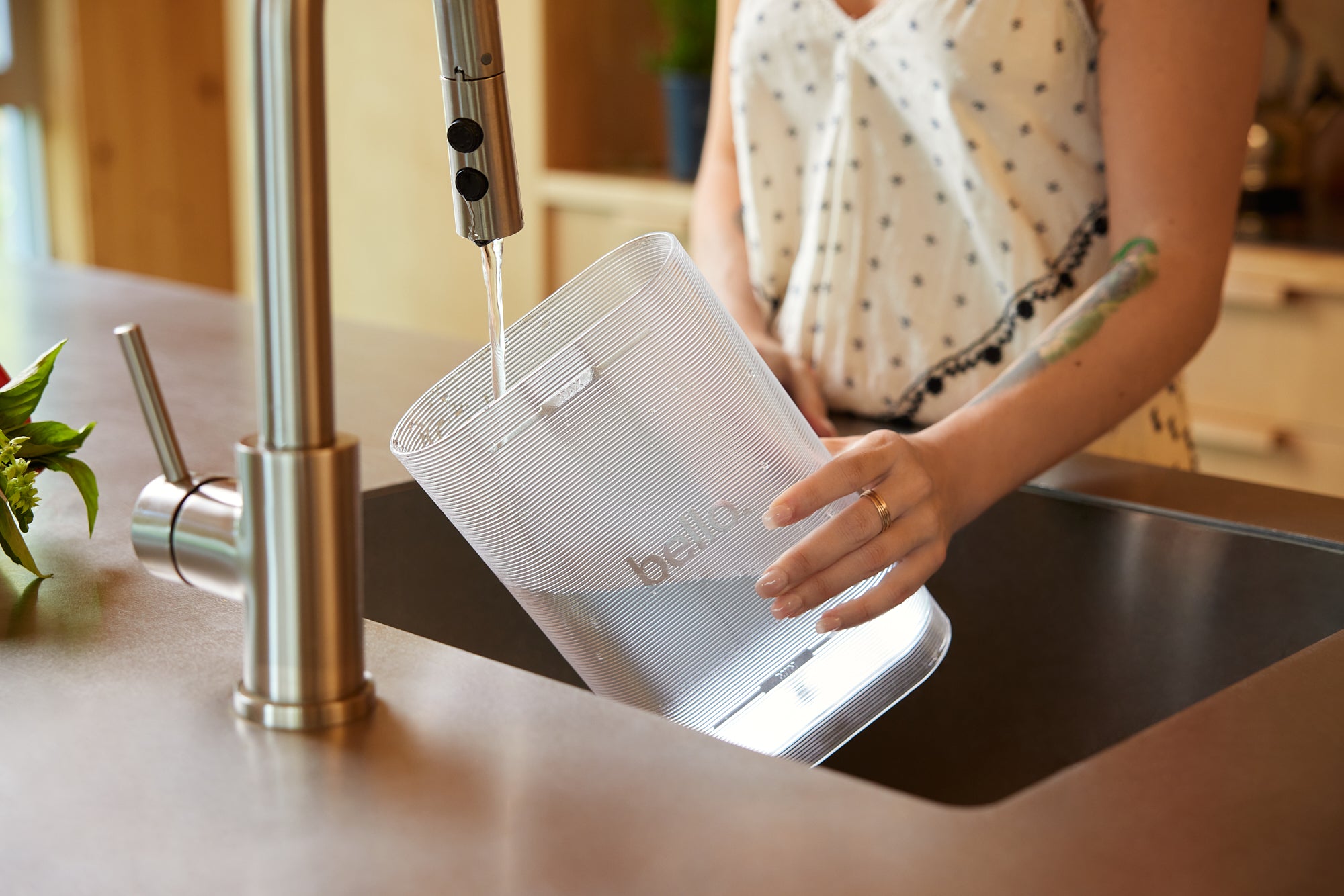The Importance of Hydration for Children
Why is hydration important for children?
Children are often less conscious of their thirst levels than adults. However, even if they are in need of more liquids, they are easily at risk of dehydration, as shown in recent studies. But what quantity of water is truly necessarily? Let's find out now!
The challenges surrounding hydration for children
Daily life for children is full of adventures. With so many things to attend to, drinking water could pass you by in the background. The distractions of daily life can make it difficult for children to recognize and to respond to their own needs when it comes to hydration. It is not surprising to find out a number of children do not drink enough water, which is essential to help maintain their energy levels.
What quantity of water should a child drink everyday?
In general, the daily amount of liquid that the body needs depends on a diverse range of factors like age, body type and physical activity level. Children who are very active, like those who actively engage in sports, naturally need more liquids than others. As children spend a lot of energy at school and in their daily activities, it is essential to drink enough water. However, how much water should they drink? To obtain an approximate estimate, you can use Bello's hydration app. Thanks to its personalized functions which analyze hydration habits for any child in your family, you can easily determine the amount of water that you need to ensure they stay hydrated throughout the entire day.
The daily amount of liquid recommended for children and adolescents (in ml per day)
| Child's Age | Volume of Water |
|---|---|
| 1 - 4 years | 820 |
| 4 - 7 years | 940 |
| 7 - 10 years | 970 |
| 10 - 13 years | 1170 |
| 13 - 15 years | 1330 |
| 15 - 19 years | 1530 |
The consequences of dehydration in children
Studies show that children often drink too little water. According to a cross-country survey conducted by Liq.In7 with 6,469 children (ages 4-17 years) across 13 countries, 60 per cent of them do not consume the recommended quantity of water advised by The European Food Safety Authority (EFSA). In six out of 13 countries, children consume just as many sugary beverages and fruit juice as they do water. The consequences, which include fatigue, headaches and difficulty concentrating, have a negative impact on performance in school.
Typical symptoms of dehydration found in children
- Fatigue
- Vertigo
- Headaches
- Difficulty concentrating
- Mood swings
- Bad breath
- Muscle pain and cramps
What should you do if your child does not drink enough water?
If you notice these symptoms with your child, it is important to rehydrate them rapidly. For starters, a large glass of water will generally suffice. However, if these symptoms persist and you become preoccupied with them, you should always consult a doctor. (To avoid getting to this point, stay tuned for our five best tips and tricks to encourage your children to drink more water).



Leave a comment
This site is protected by hCaptcha and the hCaptcha Privacy Policy and Terms of Service apply.